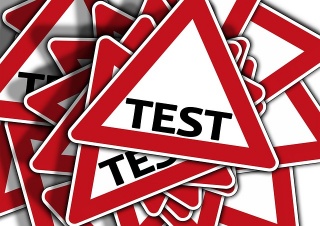Learning in a digital age/LiDA103/Why open matters/Quiz
From WikiEducator
The questions published at the end of each learning pathway are re-used for the knowledge test for learners interested in earning a digital badge or certificate of participation for the Open education, copyright and open licensing in a digital world (LiDA103) micro-course. Please consult the Certify participation page for more information.
